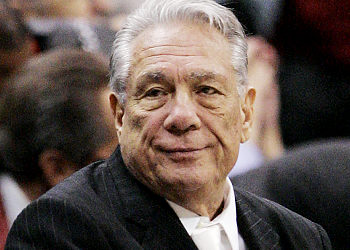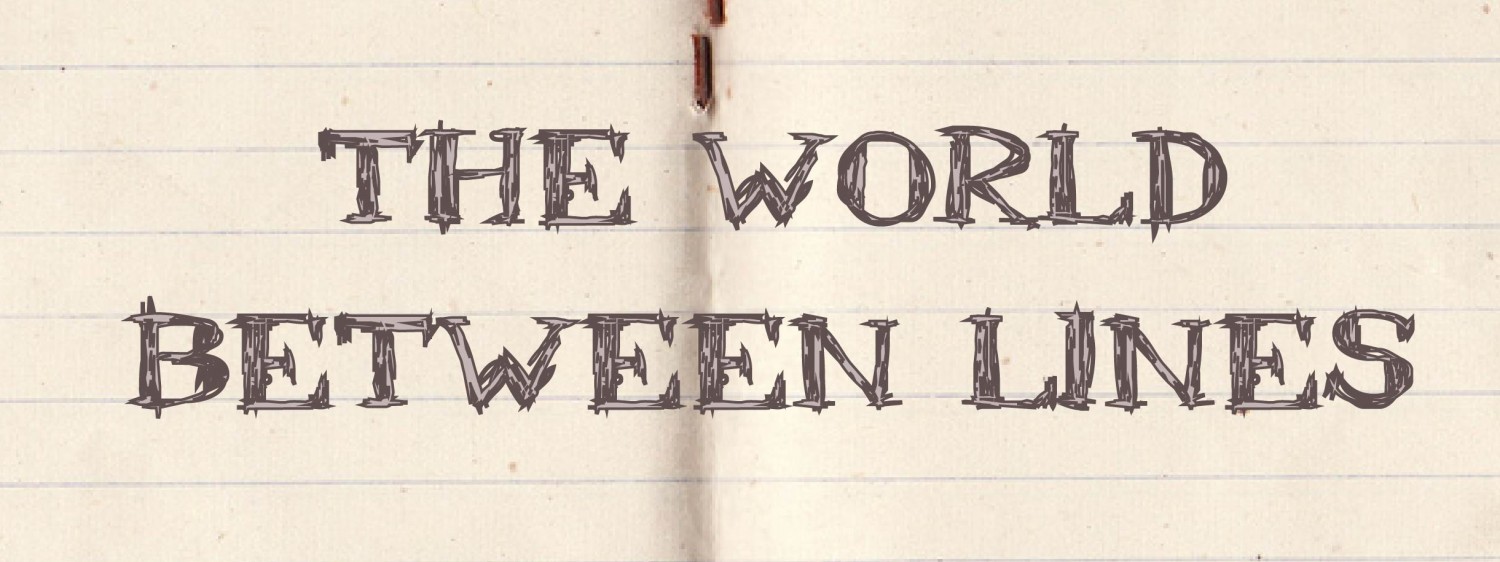Over the past week, as Donald Sterling’s disturbing remarks came to light and the world reacted, I watched it unfold. From the statements to the ban to the talk of boycotts, I just listened, read and absorbed.
But for the first time, I wrote nothing.
It was not for lack of something to say, an angle or an opinion. Anyone who has read what I write about knows that I have no problem diving into a topic, sensitive or not, and navigating through it with thoughtful intent.
 On Thursday, I finally had a complete, nuanced outline in my head of what I wanted to say on Sterling and the entire situation. About halfway through putting it from brain to laptop, a dear friend texted me and asked me what I thought and why I had not posted something about it.
On Thursday, I finally had a complete, nuanced outline in my head of what I wanted to say on Sterling and the entire situation. About halfway through putting it from brain to laptop, a dear friend texted me and asked me what I thought and why I had not posted something about it.
I bounced my draft his way. It was a thought-provoking piece about race, racism, and the new social media justice that has evolved into a speedy, mob mentality that we should be fearful of should the topic not be something we could universally agree on (you know, like Donald Sterling being a slumlord scumbag who should certainly not own a basketball team.) I asked if there was anything in it that could somehow be misconstrued or viewed as insensitive – certainly the last thing anyone wants, but especially on this topic.
His response was probably more thought-provoking than my piece.
“It’s good, and you certainly spent a good enough amount of time making sure it was crystal clear that you didn’t agree with Sterling while making an entirely valid point. Freedom of speech and this social media component are an important distinction from this particular topic, but some might not make that distinction. You have to ask is it worth it for you? The sad part to me is that you even have to think about it.”
It wasn’t the response I was expecting, and it affected me. Why was I struggling to post it? Why did I wait so long? Was it because of the topic?
That’s not me – or at least it used to not be. More frequently than ever, I pass on stories that I feel I have a well-informed, researched and thought provoking opinion on. The mental war over what the fallout of negativity might be is just not worth it. This makes me slightly sad.
Are there more out there like me? Writers and journalists and bloggers afraid to post about certain topics because of the mob mentality of social media and the speed of judgment made now in America? I re-read my draft on the Sterling situation and found at least eight different instances where I used multiple adjectives to describe how disgusting I personally found the man to be – whilst trying to make a broader point about being careful how quickly we react. I was so concerned to make one thing clear (I’m not racist) that it was interfering with my other points (social media has changed how we react, is this a good thing?, etc.).
Do I really need to guard myself that much?
This is my passion. I admired and devoured the work of Frank Deford, Tony Kornheiser, Gary Smith, Ralph Wiley, Malcolm Gladwell, Chuck Klosterman and Bill Simmons growing up. I favorite author is probably George Orwell. Kornheiser’s piece on Nolan Ryan from the 1980 Sporting News is perhaps one of the finest pieces of long-form I’ve ever read. And Deford’s “The Deer Hunter” piece on Bob Knight in the fall of 1980 for Sports Illustrated rivals it.
Wiley’s catalog stands next to most as some of the best, thought-provoking and ingenious writing I’ve ever come across. I was deeply saddened when he passed away too young. Simmons was the first to use the internet, pop-culture and sports and wrap it up into a massive piece that left you laughing for hours.
Writing is an art. It is powerful. It has always inspired me because I believe words can inspire others, sway them, inform them and move them. Which is why I was perplexed by my hesitation to post what I knew would be a good take on this mess with Donald Sterling, the NBA, race and social media.
But I didn’t feel safe enough to post it because frankly – regardless if it was this topic or not – free speech is dying, if not dead. There are too many topics that immediately spark a response – no matter what the take or angle, no matter how thoughtful and sincere. You’re better off making fun of PED users, bad calls and questioning the NCAA than you are to actually discuss the nuanced issues facing both sports and society.
The reason free speech is dying is because of the very place that would seem to promote its use the most: the Internet.
Twitter and Facebook have caused a rapid shift in society and our culture. You can share whatever you want, but whatever you share is spread more rapidly than ever before. And it is not only shared, but dissected and rapidly responded to.
On the surface, this seems good. We tend to associate speed with progress – like the swift speed of booting Sterling from the NBA in 72 hours. In 1914, this would have taken months, if not years. In 2014, we do it in a matter of hours.
And as I said in the Sterling piece I will not be posting, that’s just fine in this instance. But is it fine because we all agree on who it was and what was said? What happens if the topic is more ambiguous next time? Will we still move so rapidly towards the decision?
How many times do you write something snarky on someone’s Facebook post or reply to a Tweet without truly thinking about what you are saying? What implications there might be in 10 minutes, 10 hours or 10 days? You don’t think, because you are reacting. And reacting is 100 percent emotional and spontaneous.
Social media has increased the speed and the volume of reaction and therefore emotion. We have a lot of emotion in the social media world today. This emotion, this anger over your opinion, mine and theirs is what leads to the reduction of use of free speech.
Free speech is a principle. You may not agree with it in its various forms, but the point it supposed to be that it is allowed. Like so many, I cannot fathom how Donald Sterling thinks the way he does in 2014. It is beyond insensitive, beyond embarrassing and beyond rational.
Free speech is also not something to hide behind. You cannot run from your words, or avoid a fallout. There can and will be consequences for the things we say – as there were and should be for Sterling. But if the person still wants to say something, under the Bill of Rights, it is allowed.
The absolute key, however, is that to check and balance this, we must make sure we do not lump in allowance with tolerance or permanence. They are each separate entities.
A principle has to be defended because it is a principle, not because we all happen to agree in this instance it was violated was for a perfectly good reason. The Sterling situation is obvious; what do we do and how do we react if this happens again, but it’s not about race? Are religious comments OK? How about sexual orientation? What happens when there are other shades of gray and moral ambiguity involved?
Why we must practice some patience is because of that very thing: next time. Here, the punishment and the reaction were befitting and deserving in this instance because we all agree it was offensive and there is no place for racism in this country.
But we must be aware it will now serve as a reference point to any and all future situations that may not be so unifying. Better still, how do we feel about social media being able to so quickly affect decisions in this country, in our society?
This is a real thing, and it’s a reason that someone like me, who loves writing more than most and has been doing it for years, is left wondering whether I should or can freely express my opinions anymore.
Then again, I guess I just did.
Sigh.
I should have just scraped this whole thing and wrote jokes about quarterbacks and crab legs.
Twitter loves that sort of thing.





